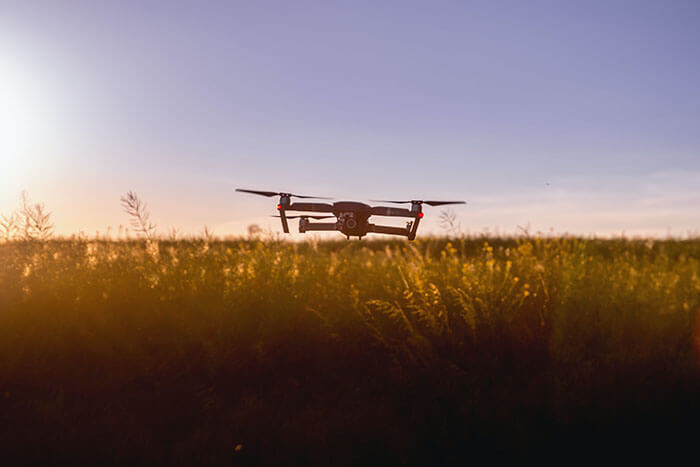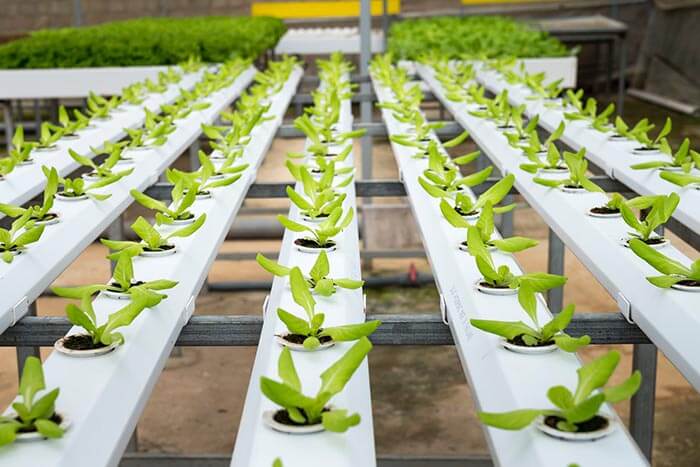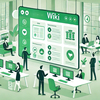
Agriculture was the key element in the development of our entire civilization. It started thousands of years ago with gathering wild grains and later planting them. A lot of significant inventions were happening around agriculture and that enabled countries to grow and prosper. And up till this day, we feed on the same basic things. Since it plays such a big role in the modern world, too, agriculture is one of the most high-tech industries with constant demand for innovations.
One of the reasons for such demand is the new challenges arising repeatedly for agriculture, and the industry has no other choice but to keep up. Let me state a simple truth – if there’s technology, there’s technical writing. If we take a look at the pace with which the new technologies emerge and need to be adopted by the industry, it is easy to see how agriculture needs professional technical communicators to leverage this process.
So, what are the challenges of modern agriculture and how do the innovations fit in? Here are the challenges:
- Workers’ safety
- Environment protection
- Safer goods of better quality
- Increased productivity
- Efficient usage of resources

These are some of the key points a modern farmer should keep in mind. Well, not just keep in mind, but rather act on them. This creates a flood of information. Naturally, using new technology in any industry has a lot of benefits, but often finding answers for all the challenges is difficult.
While marketing needs to make sure that the right tool gets the attention of a farmer or farming company, technical writers become responsible for something equally important – adoption. Agriculture needs techcomm experts!
Let’s take a look at technologies that made their way into modern agriculture. If you would like to become a tech writer in this field (no pun intended), the chances are high that you will be working on creating user manuals for some of them.
Drones/Satellites
Drones and satellites are used a lot in agriculture. Crop health monitoring is done using image analysis – this technology detects light waves of different length to do the calculations. Imagery can be used for yield monitoring and forecasting. This information can help plan harvesting and fertilizing. Hyperspectral cameras can be attached to drones and tiny satellites to help control pests and weeds. These cameras have software tailored to farmers’ needs.
Sensors
Another broadly used technology. Sensors can be attached to machinery and this can help determine moisture, grain yield, and many other parameters. Other types of sensors are used to analyze soil and water: salinity, nutrients, texture, pesticides.
Mobile Devices
Mobile devices as phones and tablets are used by farm workers as an alternative to drones, or simply in addition to them. Equipped with farm management software, these gadgets help monitor things like pests and weeds activity. Also, it helps avoid paperwork since all the data gets stored in an app.
Data Management Software
We have already mentioned that some devices come with software out-of-the-box. However, there are many general solutions that help store and process data received from multiple sources.

Conclusion
A lot of user manuals are yet to be written in agriculture! This is a great industry to pursue a career in technical writing. Agriculture has accompanied us for thousands of years and it will keep on doing this going forward.
Good luck with your technical writing!
ClickHelp Team
Author, host and deliver documentation across platforms and devices




